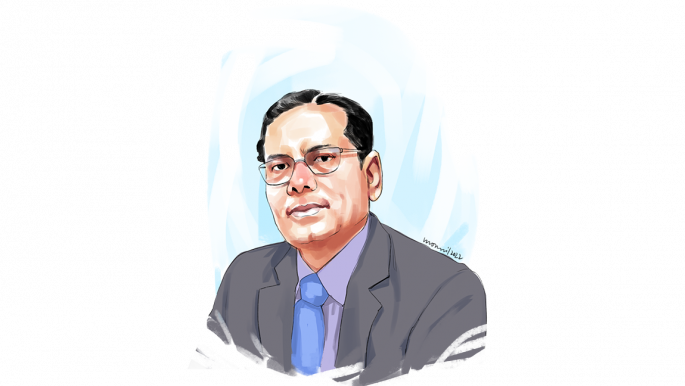Originally posted in The Business Standard on 12 April 2023

The rate of poverty reduction has dropped owing to the effects of the coronavirus pandemic and the Russia-Ukraine war. A large number of people have been displaced during the pandemic, and many have lost their jobs.
Additionally, the coronavirus has had a negative impact on the labour market, people’s income, lifestyle, and savings. And due to the Russia-Ukraine war, the prices of various products, including food, have increased.
This has pushed up the cost of living and had a negative impact on the production and supply of the industrial sector. On the other hand, the government did not or could not spend as much as it should have in the social security sector.
As a result, poverty alleviation through social security programmes has not been as effective as expected. That is why the rate of poverty reduction has been lower in the last five or six years than in the previous five years.
Inequality has increased due to the weakness of the development process. Everyone is getting more or less the benefit of government investment. However, a section of the population is receiving more services and loans from state investment institutions. In many cases, they are getting the facilities without maintaining compliance.
Inequality has also increased because of low fiscal mobilisation capacity and low public expenditure for the delivery of required services, including those for social safety net programmes. Rising assets and income Inequality goes against the government’s declared aspiration of a socially inclusive Bangladesh as articulated in Vision 2041.
However, a section of the population is extracting rents from banks and public institutions by taking advantage of political connections and through unscrupulous means. Large tax evasion, rising bank default and increasing capital flights testify to this.
Besides, some people are indulging in corruption or getting state favours. It is creating inequality in income and wealth. Inequality is increasing due to inefficiency in service delivery by state institutions.
Although the government talks about the “Leave no one behind” policy according to the SDGs, to achieve it, there needs to be greater justice in distribution. Zero tolerance against corruption is talked about but not seen in reality. That is why the Gini coefficient of Bangladesh has increased.
Accountability must be ensured to ensure equitable distribution of development. A zero-tolerance policy against corruption should be implemented. The government should listen to the public’s voice.
TBS Special Correspondent Shaikh Abdullah interviewed Professor Mustafizur Rahman, Distinguished Fellow of CPD, over the phone.

